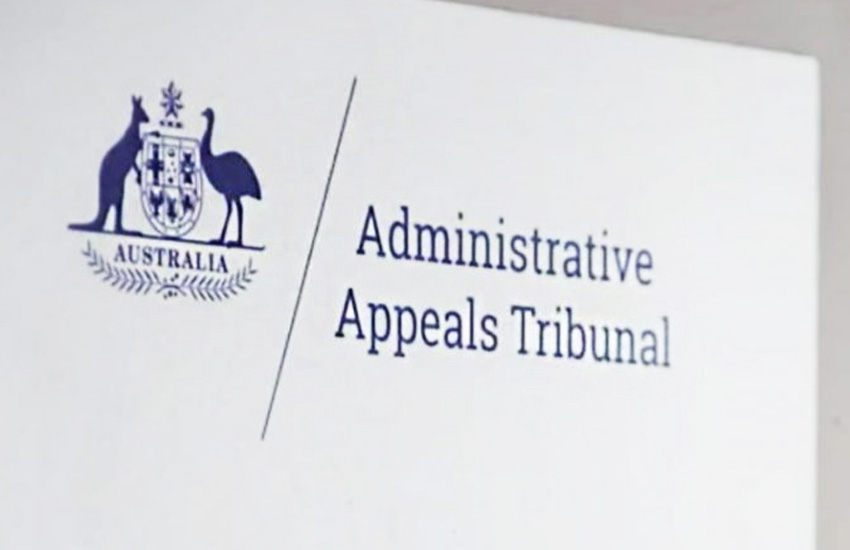Appearing before the tribunal last week, property developer Jason Behrndt objected to the ATO’s assessment of $470,000 in tax owed for the 2009, 2011, 2012 and 2013 financial years, arguing against the inclusion of deposits into his bank accounts as assessable income.
Mr Behrndt held a number of bank accounts, with the ATO calculating his actual income based on what he received into those bank accounts on the basis that they were payments for services he provided.
You’re out of free articles for this month
Despite the Tax Office excluding deposits from family members, proceeds from the sale of a family home, amounts transferred between accounts, and amounts paid from the bank accounts of related third parties with whom there was a loan agreement, Mr Behrndt argued that a number of other deposits should not have been classified as income.
However, Mr Behrndt repeatedly failed to back up his assertions with evidence. In one scenario, he claimed that the ATO had wrongly included a loan amount of $319,200 from a related entity as assessable income, but was ultimately unable to support it from the bank statements provided.
He also claimed that some payments should have been assessed as income for Creative Edge, an entity that he was a director and shareholder of, but eventually conceded that the bank account was used as a personal bank account and that he treated income received by Creative Edge as a payment to him.
In affirming the ATO’s decision to impose a base penalty of 50 per cent of the shortfall amount for reckless behaviour, AAT deputy president Peter Britten-Jones said the onus was on taxpayers to show that the assessment was excessive.
“To discharge this onus, the taxpayer must do more than establish that the commissioner’s assessment is wrong, they must prove their actual taxable income for the years in issue,” Mr Britten-Jones said.
“The applicant spent much of the hearing disputing the inclusion of particular amounts as assessable income, but he failed to prove that the amounts assessed are excessive.”
Jotham Lian
AUTHOR
Jotham Lian is the editor of Accountants Daily, the leading source of breaking news, analysis and insight for Australian accounting professionals.
Before joining the team in 2017, Jotham wrote for a range of national mastheads including the Sydney Morning Herald, and Channel NewsAsia.
You can email Jotham at: This email address is being protected from spambots. You need JavaScript enabled to view it.

 Login
Login







